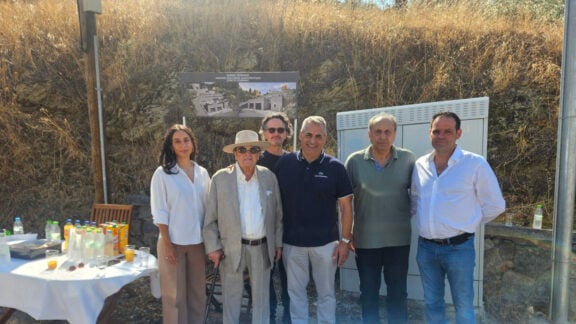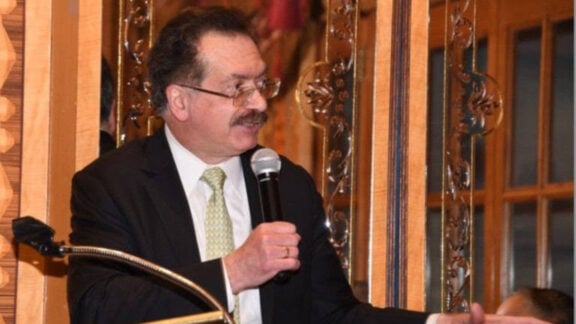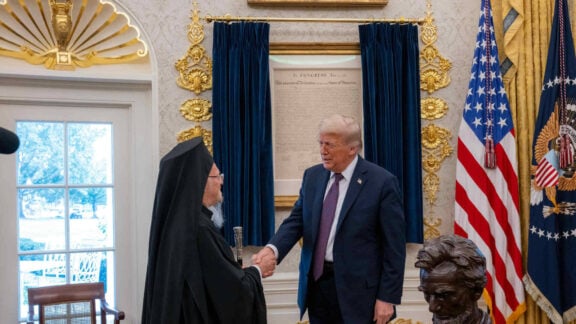Recognition of overseas qualifications remains a major barrier to migrants’ employment, chairperson of the Ethnic Communities’ Council of Victoria (ECCV) Eddie Micallef said during the forum ‘Qualified but not Recognised’ on Thursday.
The forum, which brought together workforce experts and accreditation bodies with the aim of developing policy recommendations to take to the government, explored how recognition of overseas skills and qualifications creates barriers for migrants and refugees to get into the local workforce.
Particular emphasis was given to the role of government, professional associations and employers.
With government representatives and community organisations of diverse backgrounds in attendance, the keynote speaker of the forum, Swinburne
University Professor of Diversity Management Santina Bertone, talked about the complexity of the area and higher education sector becoming deregulated.
“It’s expensive to become qualified locally, and therefore there is possibly going to be more demand on overseas qualified people. But once they are here, they have a difficulty of getting their qualifications recognised,” Mr Eddie Micallef told Neos Kosmos.
Discussed at the forum were the issues that migrants with overseas qualifications needing local work experience face in Australia. Those include an inaccessible system that lacks adequate face-to-face support for migrants on how to upgrade to meet local accreditation standards as well as excessive employer demands for local experience.
“That’s a bit of a catch-22, because you are not having trouble getting your qualifications recognised – but you are having trouble getting work experience.
That’s a real challenge.
“The way that the professional engineers put it is that there is a difference between qualifications and skills. And sometimes you need the experience to develop the skills. I don’t fully go along with that, but that’s their rationale when saying you may be qualified but you may not be skilled.”
ECCV chairperson Eddie Micallef told Neos Kosmos the paper recommended a national review of the overseas skills and qualifications recognition process. The most important is the formation of ‘one-stop-shop’ information hubs to provide advice on overseas qualifications recognition and training pathways.
“There should be an appeal process in relation to qualifications, and there should be more government support for these qualifications to be recognised. The old state government body – Overseas Qualifications Unit – needs to be re-invigorated and supported.
“The suggestions that came out at the forum are that there needs to be an accurate information process of what skills are required, whether the 457 Visa is being used to bring in the skills that are required or bringing the people that are qualified – on the basis of putting pressure on the locally qualified people to go down on wages and conditions they work in.”
Mr Micallef also highlighted the issue of biased employer perception and so-called structural racism, where migrants have difficulties getting a job due to their non-English speaking background.
“They have difficulties even getting an interview, let alone getting short listed, regardless of their English proficiency.
“There was a young African woman from Ethiopia who spoke at the panel today. She has been in Australia for two years, has a degree in economics and wasn’t able to get a job. She was articulate enough to speak at the panel, in front of people but not capable of getting a job within two years? I don’t need to tell you there are people with degrees who drive taxis.”
The effectiveness of skills recognition arrangements however, Mr Micallef agreed, may vary across different industries.
“The professional engineers association said there are 15 countries where qualifications are automatically recognised. There are some degrees where overseas qualifications are not up to the standards of what we would expect – in that situation that’s a legitimate reason for finding those qualifications need to be topped up.”
The issue of often subconscious employer discrimination is more complex and of concern for the ECCV chairman.
“It’s what I call structural racism – it’s not an open form of racism where we get people opposing the mosque in Bendigo. I’m more concerned about structural racism – where people, because they have a non-English speaking background, name or a different colour – are not even given an interview.
“It may not even be conscious and deliberate; it may be subconscious discrimination without people acknowledging that they have that discrimination problem,” Mr Micallef said, expressing his hopes that the outcomes of this year’s forum will challenge employers’ perceptions.
“We hope that the outcomes will challenge some employers’ perceptions about qualified and skilled migrants and identify solutions for advocacy to bring about change.
“We’ll have to continue keeping governments accountable.”
For more information visit www.eccv.org.au









